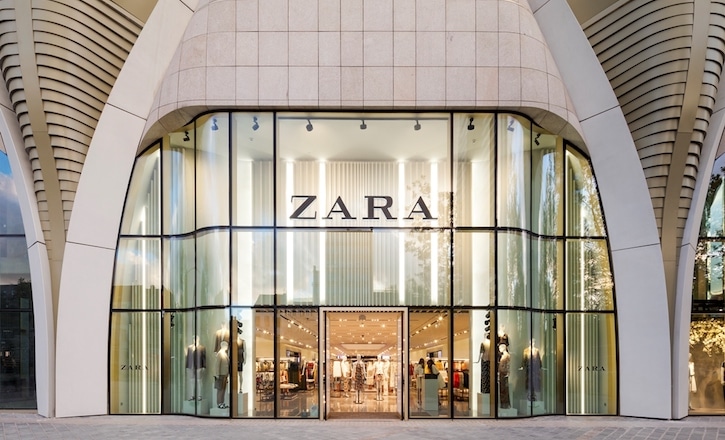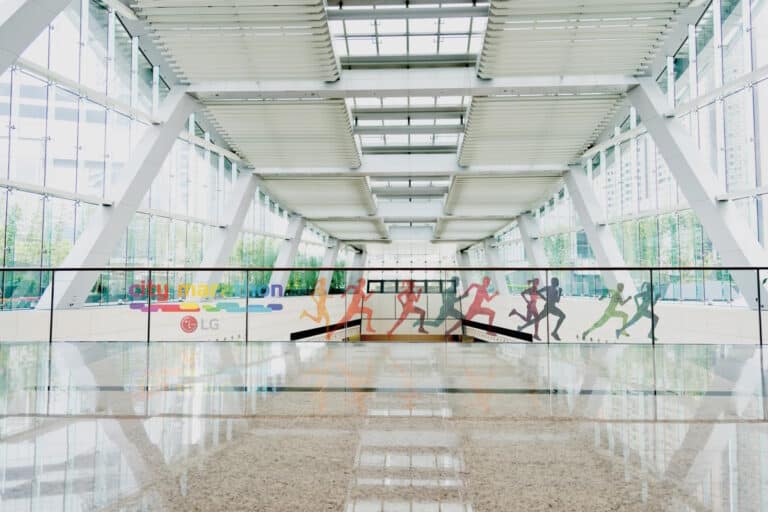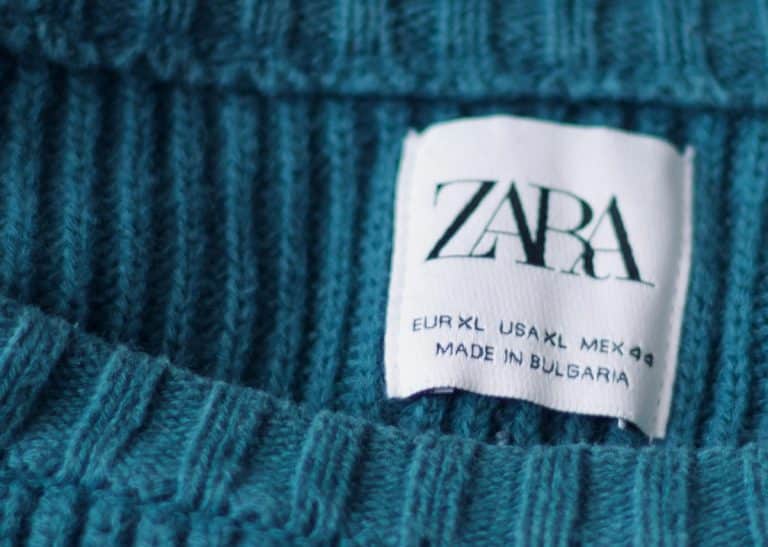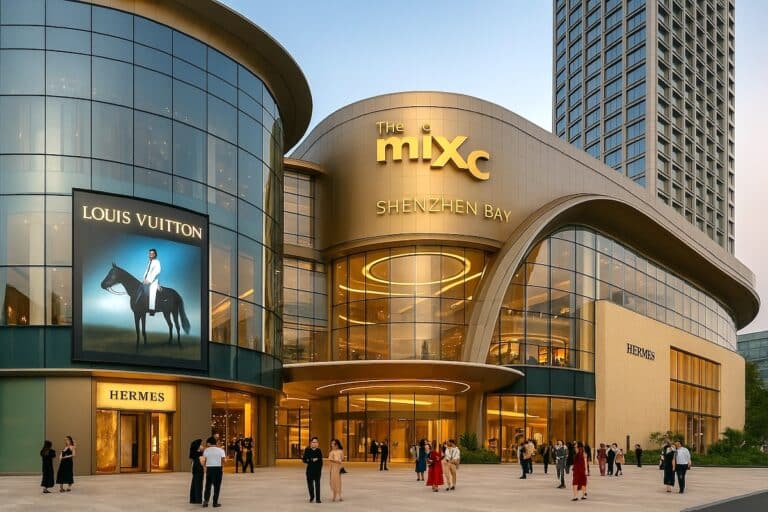
Inditex Group expects to attract more customers with the help of high technologies.
Zara is to launch augmented reality displays at 120 stores worldwide.
Inditex Group, the Spanish retail company that owns the Zara brand, plans to change the shopping experience by implementing Augmented Reality (AR) displays in 120 locations worldwide. This effort seeks to attract millennial and Generation Z buyers, who are increasingly flocking to online platforms such as Amazon and eBay, affecting sales at traditional brick-and-mortar retailers.
Beginning April 18, Zara’s AR displays will offer an interactive shopping experience. Customers can use their cellphones to scan sensors in-store or on storefront displays to view AR-enhanced graphics of apparel ranges. These displays unusually present Zara’s latest designs, allowing customers to see how the pieces look in motion. Additionally, AR advertisements for comparable apparel types will be included in the packaging of online orders, bridging the digital and physical shop divide.
This approach demonstrates Zara’s ability to adapt to shifting consumer behaviors. According to Anne Critchlow of Société Générale, “In the retail sector, organizations innovating at this level are quite rare. However, Inditex continues to perform successfully due to the rapidity with which fashion trends transition from the catwalk to its stores.”
Despite its innovative approach, Zara has profitability concerns. This week, Amazon’s cutthroat pricing techniques reportedly drove Zara’s earnings to their lowest point in a decade.
Zara intends to revolutionize customer interaction by merging technology and its fast-fashion strategy, providing an immersive shopping experience that could provide traditional retail a competitive advantage in the digital age.

New touch-screen transparent OLED displays and LED film unleash creativity.

The collection follows the recent launch of Zara's 'Timelesz' line and represents another step in enhancing its kids' division.

The 'Pre-Owned' platform will help extend garment lifecycles and reduce waste.

Central Pattana unveils The Central, a new US$575m mall in Bangkok’s fast-growing northern district with a planned opening in late…

Singles’ Day 2025 breaks new global records with $150B+ in sales. Discover the top categories, data insights, and retail trends…

MixC Shenzhen Bay opens in Shenzhen’s Nanshan district, blending luxury retail, art, and lifestyle into one destination, redefining the Asian…